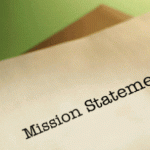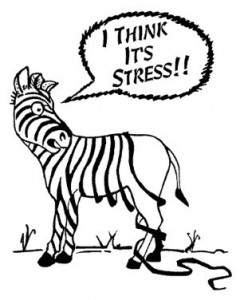
If someone were to ask you what your personal goals are would you be able to tell them? Even more than that, have you written your goals down so that you can review them regularly? Doing so will have an impact on your ability to stay true to yourself, your values, morals and ethics.
We all know that a goal is only a goal if you have written it down and hopefully told others that you are working to accomplish your goals. Otherwise it is just a dream, something in your head that you think about from time to time. But when you write it down, carry it with you, read and think about it in the morning when you start the day and reflect on them at the end of the day – then they are real goals.
If you know your goal is to have a certain GPA, to be on a particular sports team, to reach certain education level, it will be much easier to resist negative peer pressure and keep your eye on your study habits and physical habits of eating and exercise. Steven Covey called it “begin with the end in mind”.
Take the time to write down your long term goals, and take it one step further and write out a mission statement for yourself. A mission statement is simply a bit of writing stating the values you want to live by, what you believe in and your goals for living your life. Here is one link I found that will give you some steps to writing your own personal mission statement. 
How to Write a Personal Mission Statement
Your writing of goals and a mission statement does not have to be long or real wordy. It can be as long or short as you feel like making it. It may change as you grow and that is OK, just be sure it reflects who you are in your quest to live your life with integrity.



